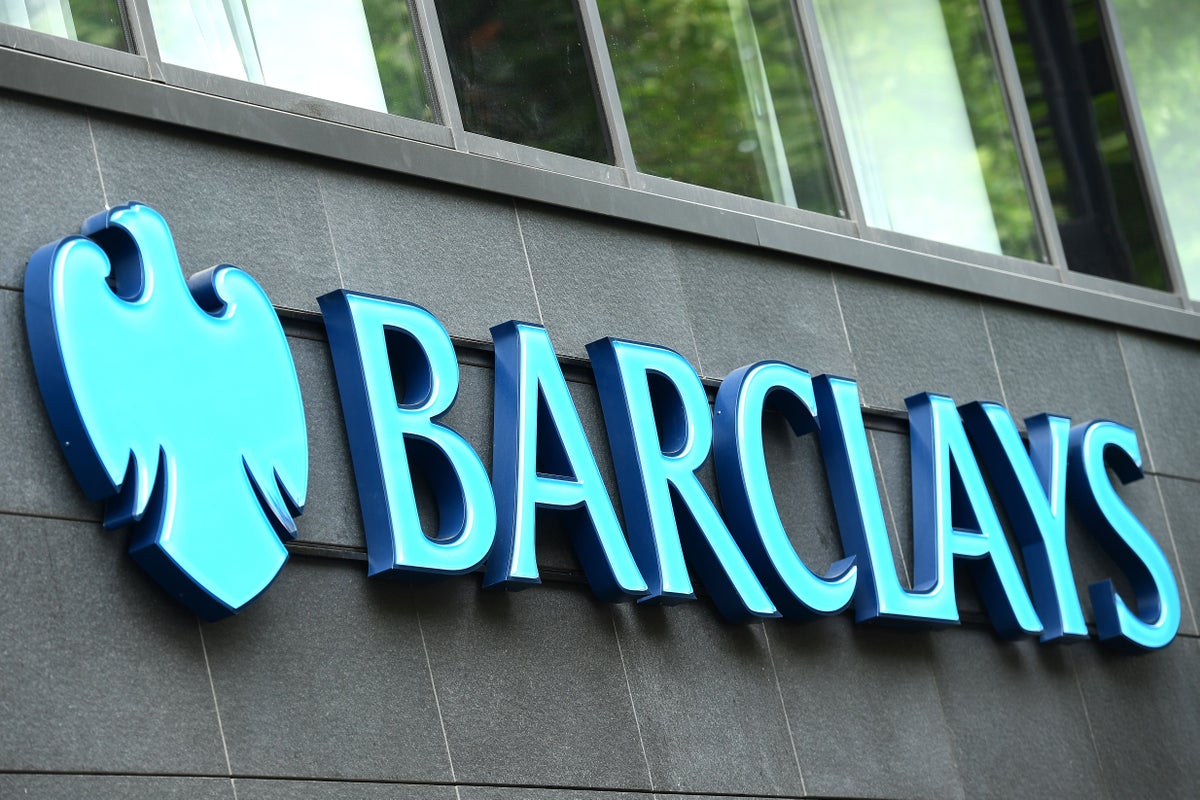Business
Barclays CEO Calls for Limits on Wage Increases and Bank Taxes

The chief executive of Barclays, CS Venkatakrishnan, has urged the UK Government to impose limits on pay increases for public sector workers while advocating against tax hikes for banks in the forthcoming budget. In an interview with the Financial Times, Venkatakrishnan highlighted the issue of wage inflation as a significant challenge facing the UK economy.
Venkatakrishnan stated, “We need to find a way to curb wage inflation,” stressing the necessity for expenditure restraint at the government level, particularly concerning the rising wages within the public sector. Wage inflation has emerged as a pressing issue for economists and policymakers, as it can lead to sustained high prices throughout the country.
Recent statistics reveal that overall wage growth has slowed, with an average increase of 5% in the three months leading up to June 2023. Notably, wage growth in the public sector stands at 5.7%, surpassing the 4.8% annual rate seen in the private sector. This divergence has intensified the debate over public sector pay, particularly in light of recent industrial action.
Thousands of members of the Rail, Maritime and Transport (RMT) union staged a strike this week, significantly disrupting services across the London Underground. The strike was a reaction to the rejection of a 3.4% pay offer, highlighting the tensions between employee demands for higher wages and government restrictions on public spending.
As the budget announcement approaches, Venkatakrishnan expressed hope that there is an “extremely low probability” of Chancellor Rachel Reeves proposing higher taxes on banks. This statement comes in the wake of a report by the Institute for Public Policy Research (IPPR), which suggested that the government could raise billions by implementing a windfall tax on banking profits, potentially generating up to £8 billion annually for public services.
Venkatakrishnan cautioned that increasing costs for the financial services sector would contradict the government’s stated pro-growth objectives. “London is a great global financial centre, and the path to growth does not lie in taxing the sector even more,” he remarked, reinforcing a narrative that has been echoed by several other leaders in the financial industry.
The upcoming budget, set to be unveiled on November 26, 2023, is anticipated to include tax increases aimed at balancing the national budget; however, Reeves is constrained by an election promise not to raise income tax, national insurance, or VAT. This limitation may compel her to seek revenue from the corporate sector to meet fiscal targets.
As discussions about wage and tax policies continue, the balancing act between public sector needs and economic growth remains critical for the UK Government.
-

 Health3 months ago
Health3 months agoNeurologist Warns Excessive Use of Supplements Can Harm Brain
-

 Health3 months ago
Health3 months agoFiona Phillips’ Husband Shares Heartfelt Update on Her Alzheimer’s Journey
-

 Science1 month ago
Science1 month agoBrian Cox Addresses Claims of Alien Probe in 3I/ATLAS Discovery
-

 Science1 month ago
Science1 month agoNASA Investigates Unusual Comet 3I/ATLAS; New Findings Emerge
-

 Science4 weeks ago
Science4 weeks agoScientists Examine 3I/ATLAS: Alien Artifact or Cosmic Oddity?
-

 Entertainment4 months ago
Entertainment4 months agoKerry Katona Discusses Future Baby Plans and Brian McFadden’s Wedding
-

 Science4 weeks ago
Science4 weeks agoNASA Investigates Speedy Object 3I/ATLAS, Sparking Speculation
-

 Entertainment4 months ago
Entertainment4 months agoEmmerdale Faces Tension as Dylan and April’s Lives Hang in the Balance
-

 World3 months ago
World3 months agoCole Palmer’s Cryptic Message to Kobbie Mainoo Following Loan Talks
-

 Science4 weeks ago
Science4 weeks agoNASA Scientists Explore Origins of 3I/ATLAS, a Fast-Moving Visitor
-

 Entertainment4 months ago
Entertainment4 months agoLove Island Star Toni Laite’s Mother Expresses Disappointment Over Coupling Decision
-

 Entertainment3 months ago
Entertainment3 months agoMajor Cast Changes at Coronation Street: Exits and Returns in 2025









